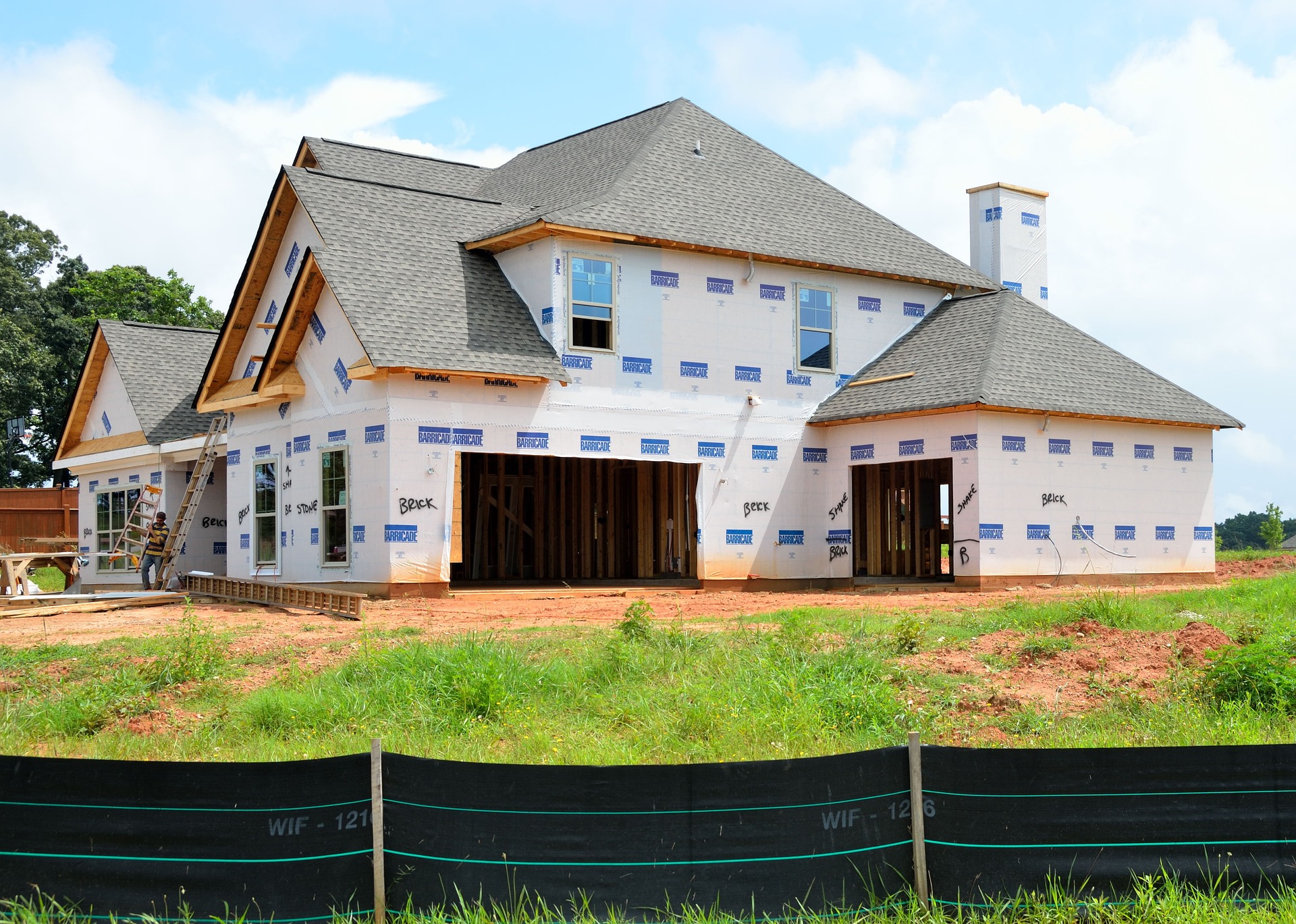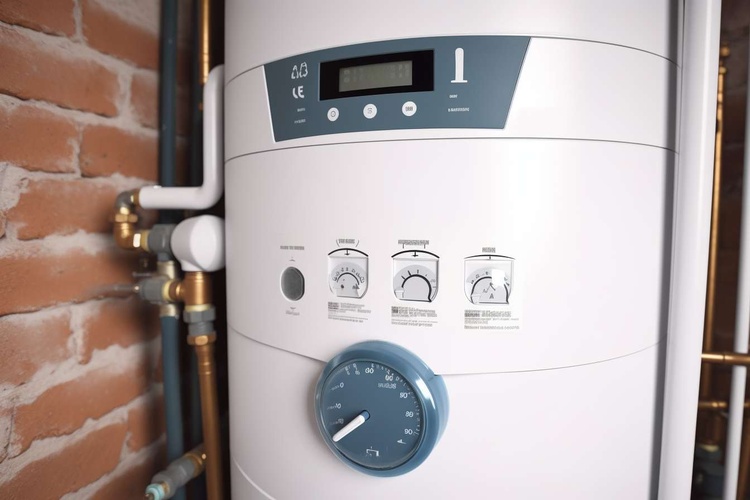The Modern Appeal of Modular Homes: A Complete Guide to Smart Housing Solutions
Modular homes have revolutionized residential construction by offering a perfect blend of customization, efficiency, and sustainability. These factory-built houses are engineered in controlled environments and assembled on-site, providing homeowners with quality construction at competitive prices. As housing markets evolve and environmental consciousness grows, modular homes have emerged as an intelligent alternative to traditional construction methods.

What Makes Modular Homes Increasingly Popular?
The appeal of modular homes stems from their innovative construction approach and modern amenities. Built in climate-controlled facilities, these homes undergo rigorous quality checks throughout the manufacturing process. They meet or exceed local building codes and often incorporate advanced materials and technologies. The controlled environment eliminates weather-related delays and ensures consistent quality across all components.
How Flexible Are Modular Home Designs?
Design flexibility is a standout feature of modern modular construction. These homes range from compact single-story designs to expansive multi-level residences, accommodating various room counts and layouts. Homeowners can choose from hundreds of floor plans or work with designers to create custom configurations. The modular approach allows for future modifications and additions, making these homes adaptable to changing family needs.
What Makes the Construction Process More Efficient?
The efficiency of modular construction lies in its systematic approach. While the foundation is prepared on-site, modules are simultaneously constructed in the factory, reducing overall building time by up to 50% compared to traditional construction. Quality assurance is built into every step, with multiple inspections during assembly and installation. This parallel construction process significantly reduces weather-related delays and site disruption.
Are Modular Homes Cost-Effective?
Modular homes typically offer significant cost advantages over traditional construction. The controlled manufacturing environment reduces material waste, labor costs, and construction time. Here’s a breakdown of average costs:
| Home Size (sq ft) | Average Modular Cost | Traditional Build Cost |
|---|---|---|
| 1,000-1,500 | $100,000-150,000 | $150,000-225,000 |
| 1,500-2,000 | $150,000-200,000 | $225,000-300,000 |
| 2,000-2,500 | $200,000-250,000 | $300,000-375,000 |
Prices, rates, or cost estimates mentioned in this article are based on the latest available information but may change over time. Independent research is advised before making financial decisions.
What Environmental Benefits Do Modular Homes Offer?
The environmental impact of modular homes is notably lower than traditional construction. Factory construction minimizes waste through precise material ordering and recycling programs. Energy-efficient designs and materials are standard features, reducing long-term environmental impact. Many manufacturers incorporate sustainable materials and solar-ready features, making these homes increasingly popular among environmentally conscious buyers.
How Do Leading Modular Home Manufacturers Compare?
| Manufacturer | Construction Time | Energy Rating | Warranty Coverage |
|---|---|---|---|
| Clayton Homes | 6-8 weeks | Energy Star | 10-year structural |
| Champion Homes | 8-10 weeks | Energy Star+ | 7-year comprehensive |
| Palm Harbor | 10-12 weeks | Ultra-efficient | 15-year limited |
The modular home industry continues to evolve with technological advancements and increasing demand for sustainable housing solutions. These homes represent a perfect balance of quality, efficiency, and environmental responsibility, making them an attractive option for modern homebuyers. With their proven track record of durability and value retention, modular homes are positioned to play a significant role in the future of residential construction.




